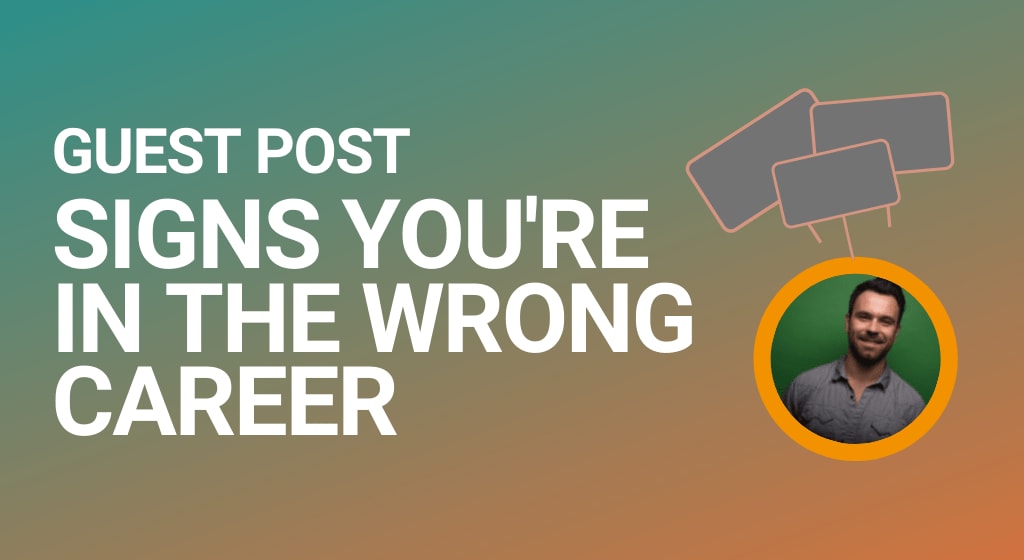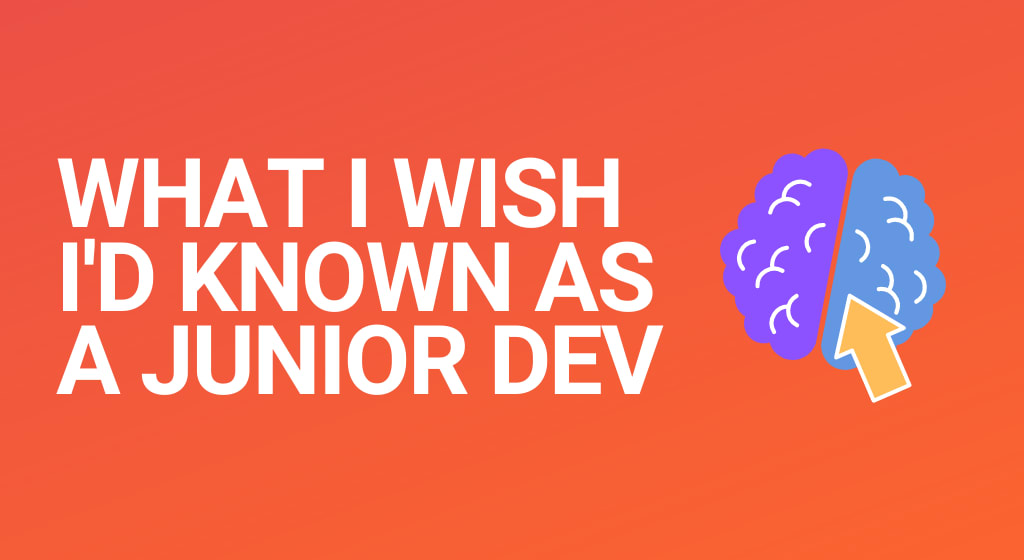Job hunting in the tech industry: tips, tricks and experiences
posted in:

![]()
Having recently been through the job hunting mill, I find that familiar lines of conversation crop up time and again between colleagues, friends and fellow tech people on Twitter about how to find a job, how you deal with issue 'xyz' and fight the dreaded imposter syndrome and inferiority complexes.
So here is my experience of what worked for me distilled into some top tips...
Have a system
I'm in ISTJ personality type so I like lists and charts and data. You might not, but it helped me immensely to have a system, even one of my own invention, in place to keep track of what I'd applied for, what stage I was in, where I'd had feedback or things had gone a little quiet.
I found Trello a great fit for this as it let me sort of kanban the process, right from initial application through to first or second stage interview, tech-test timings and overall progress. I could also track those pesky applications where you hear nothing for a few weeks (are they still ongoing, have you exited without being told, what's going on...?).
You might have something completely different that works for you, but without something, anything in place to navigate the endless emails, phone calls, people involved (recruiters, hiring teams, key team members, and the rest), you can easily lose track of your place in the process.
Learn to process the process differently
You're applying for a new role, perhaps your dream role, either way you're going to face some uphill struggles along the way. There's rejection, whether that's not getting a foot in the door or not being good enough when it comes to an interview. There's writing a killer appliction, having your CV in order, nailing a technical test, worrying about not having the skills you need for the role, the list goes on.
There are a lot of ways to feel like you're just not good enough. But I'm here to tell you that you are!
It's all about mindset. Yours needs to be set to 'growth'!

Having a growth mindset is becoming more and more popular. Essentially it's about flipping your thought patterns and approach in order to learn, improve, and grow; looking to fill the gaps rather than dwelling on the fact that the gaps exist - as Homer Simpson would say, 'Crisitunity!'.
When it comes to job hunting, a few helpful mindset shifts might look like this:
- I'm not qualified for the job > I'll be honest about my experience and let them decide!
- I didn't even get an interview > what can I do differently next time?
- I don't know half of those technologies > I'd love the chance to learn new skills!
- They turned me down for the role > I wasn't the right fit this time.
Rejection != failure
Speaking of a growth mindset, you're gonna need it to process one of the unavoidable parts of looking for jobs: rejection!
No one likes rejection in any form, it's a big negative and all to easy to take internally, personally and - depending on your personality - spiral downwards, especially once you've had a couple of knock backs in a row.
But, similar to the last point, you've got to stay strong and spin your thinking: it's not about rejection, it's about fit!
Interviews are a two way conversation and it's as much about you discovering if there is a fit with the role and company for you, as it is the company probing your skills and culture fit.
Sure, sometimes, you might not have the skills to suit the role, but that doesn't invalidate your existing experience or skillset, it just doesn't fit right now. Not being skilled at something or suitable for a role because of current experience does not mean you're not good enough!
Trust your instincts; red flags are red flags for a reason
I've been working on this a lot recently; trying to listen to my instincts and pay attention to the little warning flags that mean this might not be right for me.
Case in point, I recently went for a role where as soon as I got into the car park, something was off. I don't know if it was the building, or the people milling about outside (my potential future colleagues), but I got the vibe - not the good kind...
Sure enough, after 10 minutes of waiting in the foyer for anyone to even acknowledge I had arrived for an interview, I was getting the Spidey Sense that this might not be the role for me. Further damning evidence arose when we met a few people and they seemed miserable and really unhappy. Sure, they could have been having an off day (we all have them), but when you add this into the other bits and pieces, the whole becomes a bit more off-putting.
Remember, you're testing each other for a fit, if something's off, it probably is and you should keep looking!
Go for what you want, not just what's available
OK, this is a somewhat idealistic way of looking at things; you might not be in a position to pick and choose your next role or have the experience to quite get there yet.
However, if you can afford to be a bit choosy then you absolutely should. Follow your passion and your nose and find the thing that will work for you.
It also helps with the next point about fatigue too. By being a little selective in your applications (rather than a blunderbuss approach) you'll be more focussed on what you're applying for, improving both your initial application and your interviews, etc.
Recognise job-hunting fatigue
Whilst people differ on whether or not burn-out is a real thing, I definitely experienced application fatigue very early on in the process and knew that I needed to take a break from things and let them be.
When you've had virtually the same conversation with an increasing number of hiring managers or recruiters, tweaked your CV a million different ways to suit the particular job you're going for, had a couple of stress-inducing interviews, all in the space of 2-3 of weeks, it takes its toll. I got really tired, stressed, worn out and this fatigue started seeping into other parts of my life.
Fortunately, the remedy was easy enough, I just stopped adding to the pile, stopped hunting for a week or so and just stepped back from anything that didn't need my immediate attention - e.g. an in-progress application.
Out the other side
Stay honest, genuine and don't downplay your experiences and you'll come out the other side of the process with a shiny new role that fits you perfectly.
What experiences have you had looking for a tech role and what advice can you share?

























Comments